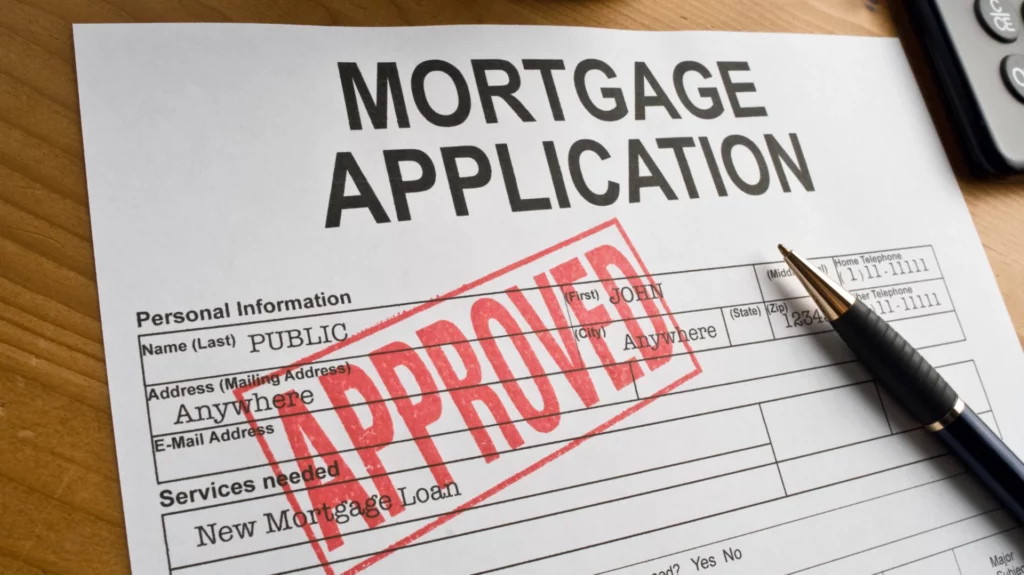
The real estate financing market in Ontario and in cities like Ottawa has expanded in recent decades to encompass more than traditional bank mortgages, otherwise known as institutional lending. The lender options for clients in Ontario have broadened to include B lenders, who often take on unique and higher-risk borrowing situations than your typical A lender such as a bank. Another alternative lending route for unique and often shorter-term financing situations is private mortgages, provided by private lenders and investors.
Private lending has become a viable solution for many homeowners and prospective buyers who find themselves in unique financial circumstances that require alternative lending philosophies and approaches. Whether you’re looking at refinancing options, considering a home purchase, or facing unique financial circumstances, understanding private mortgage options as a solution is crucial. As an experienced mortgage agent, I’m here to guide you through the intricacies of private lending in Ontario.
Private mortgages are loan agreements facilitated not by banks or traditional financial institutions, but by private entities or individuals. These lenders can be investment companies, private funds, or even individuals willing to lend money secured against real estate.
Flexibility in Approval: Private lenders often have less stringent criteria than banks, making them ideal for those with unique circumstances.
Quick Processing: The process of securing a private mortgage can be faster than traditional mortgages, crucial for time-sensitive transactions.
Solution for Various Needs: Whether it’s for refinancing, purchasing a unique property, or a bridge loan, private mortgages offer versatile solutions.
Private lenders step in where traditional lenders might hesitate. They often focus on the property’s value and potential rather than solely on the borrower’s creditworthiness or income.

Initial Consultation: Discuss your financial situation and needs with a knowledgeable mortgage agent.
Finding the Right Lender: Your mortgage agent will help you find a suitable private lender, considering your unique needs and the lender’s terms.
Assessment and Approval: The lender will assess the property value, your financial situation, and propose terms.
Legal Documentation: All agreements are legally documented, ensuring clarity and legality in the arrangement.
The Benefits of Private Mortgages
Potential Drawbacks
Refinancing through private mortgages can be an effective strategy to consolidate debt, access home equity, or improve cash flow, especially when traditional refinancing routes are not viable. A common type of scenario where this route is the most optimal is when there are pre-existing credit uses, disruptions to the regularity of income, and/or traditional lending solutions that consider financing to be beyond their risk tolerance and policies. Refinancing with a private lender could be the last pathway of a credit solution before needing to address the sale of the property, a consumer proposal, or bankruptcy with the support of a representative such as BDO Canada.
Every scenario is different, however, due to the fact that private lenders tend to place an emphasis of importance on the property itself as collateral, this allows for them to be a valuable option in situations where other lenders will not lend against the property.

Private mortgages can facilitate home purchases, particularly for properties that may not qualify for bank financing or for buyers who need swift financing.
Scenarios like these can range from attempting to get financing on an obscure remote property that has retained a competitive market value but falls outside of traditional lending guidelines. Or in scenarios where you as the borrower have a complex or limited financial situation, but you are interested in buying another rental property, or primary residence. Another example could be that you have made an offer on a place and the initial financing fell through, so you are faced with the need to get alternative financing on short notice in order to secure the property.
For each of these situations, the possible solution could be a private mortgage. As your mortgage agent, I will walk you through the available options along with their associated costs to help you make the most informed decision that is suitable to your needs and goals.

FAQs on Private Mortgages
1. What are the requirements for obtaining a private mortgage?
The requirements for obtaining a private mortgage can vary depending on the lender, but generally include:
2. How do private mortgage interest rates compare to bank rates?
Private mortgage interest rates are generally higher than those offered by traditional banks. This difference reflects the higher risk that private lenders take on, especially when lending to borrowers who don’t qualify for traditional loans due to credit issues, income verification challenges, or non-conventional properties. The exact rate will depend on various factors, including:
It’s important to note that while private mortgage rates are higher, they offer a solution in situations where traditional financing is not an option.
3. Can I switch from a private mortgage to a traditional mortgage later?
Yes, it is often possible to switch from a private mortgage to a traditional mortgage later, and this is a common strategy for many borrowers. To make this transition, consider the following:
Transitioning to a traditional mortgage typically involves planning and a period of financial stability and improvement. It’s advisable to work with a mortgage professional to develop a strategy for making this switch when the time is right.
Get professional advice and responsive service. I’m here to assist you every step of the way. Contact me now for a seamless experience.
I understand that purchasing a home can be a complex and overwhelming process. With fast, dedicated, and responsive service, I am committed to ensuring a smooth delivery every step of the way. Contact me today to experience the difference in personalized service and let me help you achieve your goals.
Mortgage Agent Level 2 #M21005255
Smart Debt Mortgages
Brokerage License #12236
Content on this site supported by OpenAI